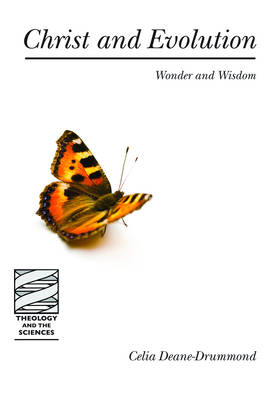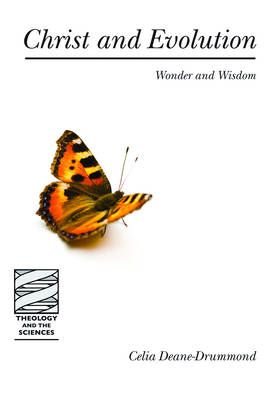
- Retrait gratuit dans votre magasin Club
- 7.000.000 titres dans notre catalogue
- Payer en toute sécurité
- Toujours un magasin près de chez vous
- Retrait gratuit dans votre magasin Club
- 7.000.0000 titres dans notre catalogue
- Payer en toute sécurité
- Toujours un magasin près de chez vous
37,45 €
+ 74 points
Description
The way Christ is understood is at the heart of Christian faith and self-understanding. It forms the basis of Christologies that can range from the most traditional, expressing the understanding Christ as both human and divine person, to the most liberal, where Christ is understood as divine inasmuch as he is a man who is perfectly obedient to the will of God. Our images of Christ inevitably bear on the particular culture in which we are situated. So, it is somewhat surprising that the science and religion dialogue has focused most on a doctrine of God, while rarely addressing the figure of Christ. This book sets out to develop a Christology that is far more conscious of the evolutionary history of humanity and current evolutionary theories about the natural world in general. It argues that one means of developing a Christology that can be informed by such theories is through the concepts of wisdom and wonder. Both have a defined theological role but also act as mediating concepts with science and point to a spirituality that incorporates both science and theology.
Spécifications
Parties prenantes
- Auteur(s) :
- Editeur:
Contenu
- Nombre de pages :
- 272
- Langue:
- Anglais
- Collection :
Caractéristiques
- EAN:
- 9780800640132
- Date de parution :
- 01-03-09
- Format:
- Livre broché
- Format numérique:
- Trade paperback (VS)
- Dimensions :
- 152 mm x 229 mm
- Poids :
- 435 g

Les avis
Nous publions uniquement les avis qui respectent les conditions requises. Consultez nos conditions pour les avis.






